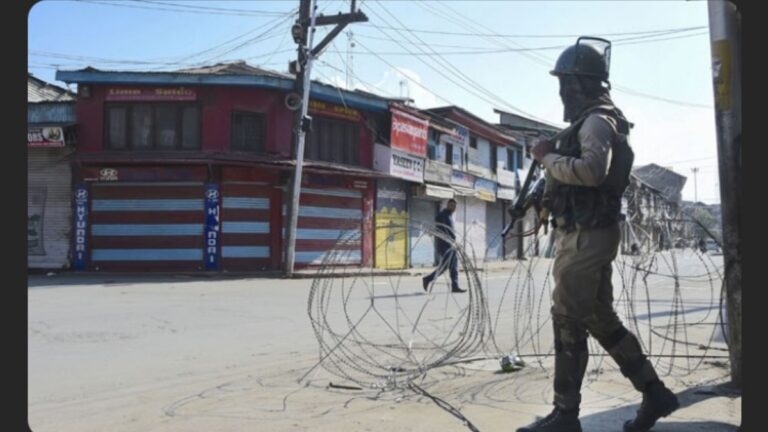Recent geopolitical tensions have escalated as experts raise alarms about Iran’s potential attack on Israel within the next 48 hours. The region has long been a hotspot for conflict, and the latest developments have sparked concerns worldwide. In this blog post, we delve into the factors contributing to the current situation and examine the potential consequences of such an attack.
Growing Tensions:
Tension between Iran and Israel have been simmering for years, fueled by ideological differences, regional influence, and geopolitical power struggles. Iran’s support for militant groups in the region, such as Hezbollah in Lebanon and Hamas in Gaza, has been a major point of contention for Israel. Additionally, Iran’s nuclear program and its perceived threat to Israel’s security have further strained relations between the two countries.
Recent Developments:
The recent warning of a potential Iranian attack on Israel within 48 hours has sent shockwaves through diplomatic circles and raised concerns about the possibility of a full-scale conflict. While the exact nature of the threat remains unclear, experts point to various factors that could precipitate such an attack.
One key factor is Iran’s desire to retaliate against perceived Israeli aggression, including recent airstrikes targeting Iranian assets in Syria. These airstrikes, allegedly carried out by Israel, have targeted Iranian military installations and weapons shipments, prompting threats of retaliation from Tehran.
Moreover, the broader regional dynamics, including the ongoing conflict in Syria and the proxy wars in Yemen and Iraq, provide a fertile ground for escalation. Any direct confrontation between Iran and Israel could quickly draw in other regional actors, leading to a wider conflict with devastating consequences.
Potential Consequences:
The prospect of an Iranian attack on Israel raises grave concerns about the potential consequences for regional stability and global security. A direct military confrontation between two of the most powerful countries in the Middle East could escalate into a full-scale war with catastrophic humanitarian consequences.
In addition to the immediate human cost, such a conflict could have far-reaching implications for international security, including disruptions to global energy supplies, increased tensions between rival powers, and the potential for a wider conflagration engulfing the entire region.
Furthermore, the specter of a nuclear conflict looms large, given Iran’s nuclear ambitions and Israel’s nuclear arsenal. Any escalation in hostilities could potentially push both countries closer to the brink of a catastrophic nuclear exchange, with unimaginable consequences for the entire world.
Conclusion:
The warning of a potential Iranian attack on Israel within 48 hours underscores the urgent need for diplomatic efforts to de-escalate tensions and prevent a catastrophic conflict. The international community must work tirelessly to defuse the situation through dialogue, diplomacy, and multilateral engagement.
Moreover, all parties involved must exercise restraint and refrain from actions that could further exacerbate the situation. A peaceful resolution to the longstanding conflict between Iran and Israel is essential for the stability and security of the entire region. The stakes are too high for anything less than a concerted and coordinated effort to achieve peace and stability in the Middle East.
- #Iran
- #Israel
- #Geopolitics
- #MiddleEast
- #Conflict
- #Diplomacy
- #Security
- #Tensions
- #GlobalAffairs
- #NuclearThreat



















